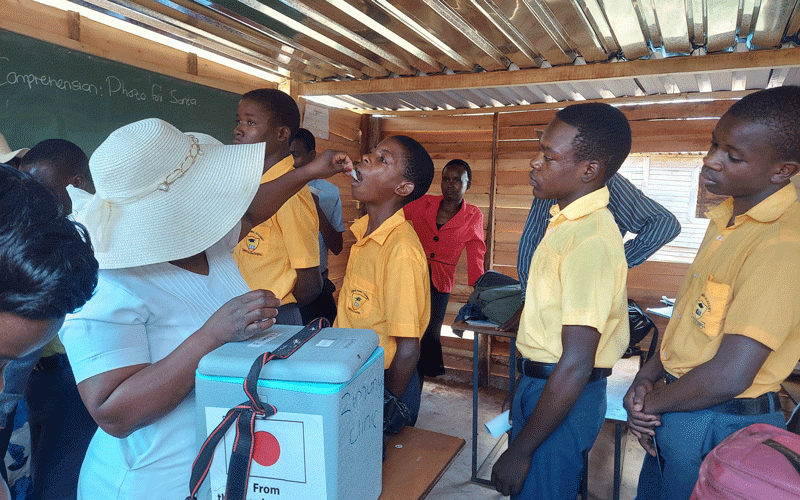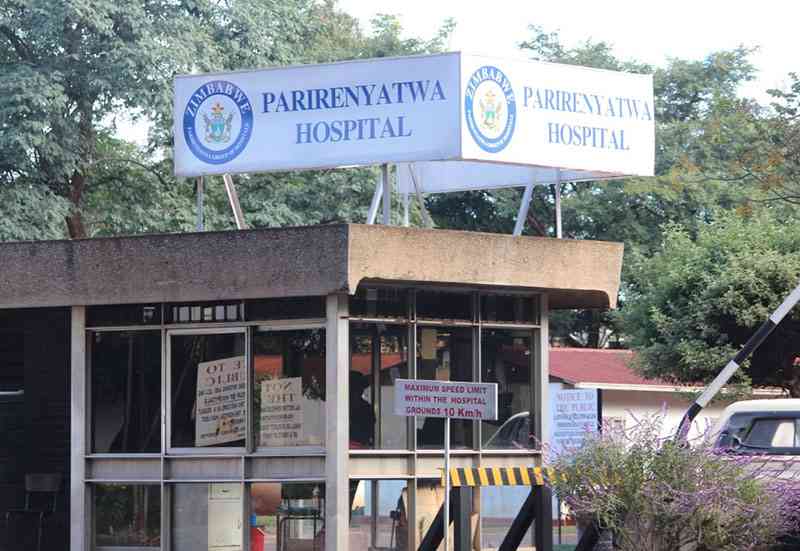
THE International Federation of the Red Cross (IFRC) has called for quick intervention by stakeholders and government to curb the imminent spread of cholera across Zimbabwe’s provinces.
Zimbabwe is currently under a cholera outbreak which has claimed six lives and recorded 340 cases in about six districts, according to a situational report released by the Health and Child Care ministry last week.
In a situational report, IFRC said Zimbabwe had recorded a surge in cholera cases, which have reached critical levels, necessitating urgent intervention.
“Harare reported its first case on December 6, 2024, in the Belvedere squatter camp. The outbreak, also reported on December 19, 2024, in Mazowe district, Bindura, Kariba, Mt Darwin, Uzumba Maramba Pfungwe (UMP), Beitbridge, Chiredzi, and Hwedza, has escalated rapidly, with cumulative cases reaching 579 and 13 fatalities recorded as of March 12, 2025.
“This cholera outbreak is particularly alarming due to its unprecedented spread to areas that were previously unaffected by the disease, such as Hwedza and UMP.
“Historically, cholera outbreaks in Zimbabwe have been concentrated in urban centres and known hotspot districts with fragile water, sanitation and hygiene (WASH) infrastructure.”
IFRC said the current outbreak had breached traditional patterns, affecting both rural and peri-urban areas that had not previously reported cases, signalling a worrying shift in disease dynamics.
“The scale of this outbreak is also significantly above normal thresholds, with case numbers rising at an accelerated rate. The widespread geographic distribution of cases, coupled with the high transmission rate, suggests deeper systemic challenges in WASH access and public health preparedness.
- Chitungwiza sewer infrastructure collapses
- Chitungwiza sewer infrastructure collapses
- LSU runs dry, students resort to open defecation
- Malawi cholera death toll crosses 1,300: health official
Keep Reading
“Contributing factors include increasing pressure on already over-stretched health services, erratic water supply and limited sanitation infrastructure in newly affected areas.
“The affected regions require urgent intervention, including increased access to clean water, enhanced disease surveillance, improved case management, strengthened community awareness and intensified co-ordination among health authorities and response partners.”
The Red Cross said without immediate and sustained action, the outbreak could continue spreading to new areas, leading to further loss of lives and an escalating public health crisis.











